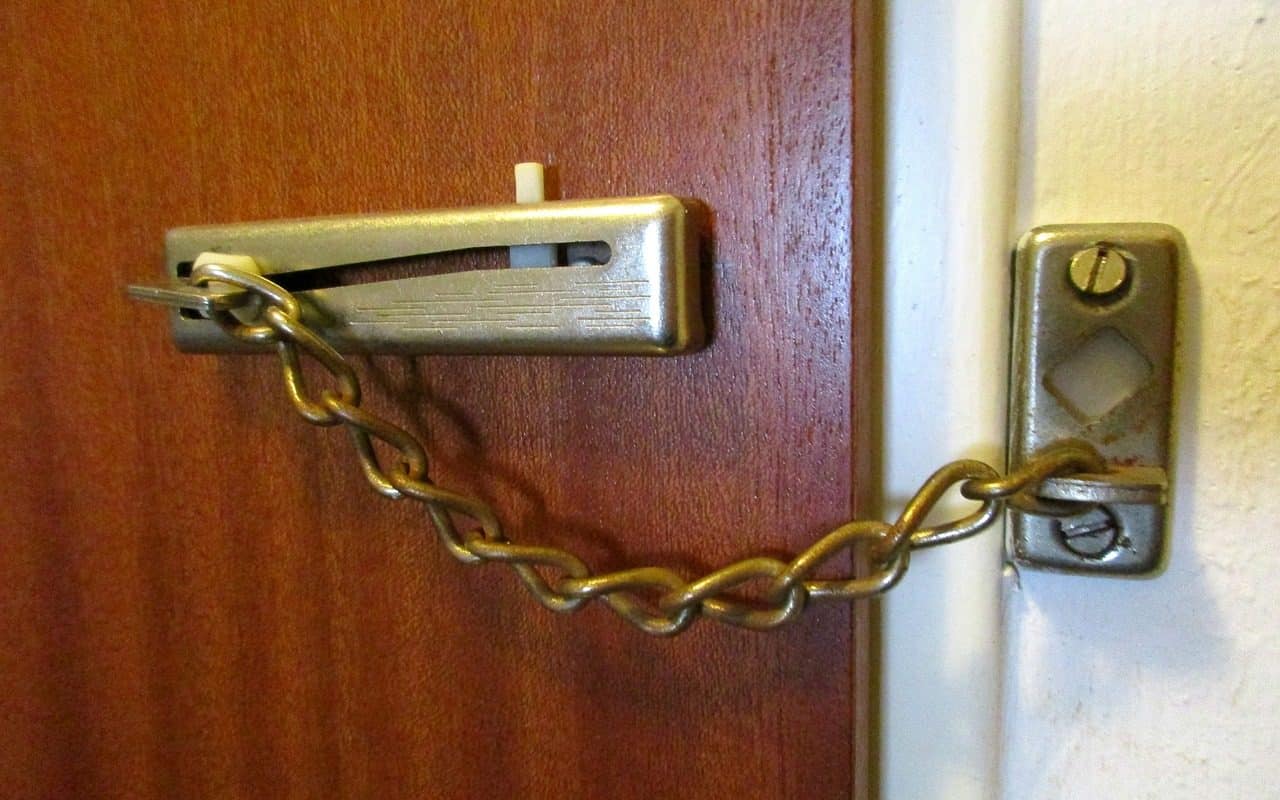Thefts and burglaries are risks to which we are all exposed. To deal with these situations, it is essential to fully understand the guarantees offered by your home insurance contract. In this article, we will take a detailed look at the different theft protections you can benefit from with your insurance.
The different types of theft protection offered by home insurance
There are several levels of theft protection offered by insurance companies. Here is an overview of the most common guarantees:
- The basic guarantee: it generally covers theft committed by break-in, that is to say when the author of the theft has broken a door, a window or any other access to enter the home.
- The extended warranty: it also includes theft without burglary, such as theft committed by trickery (posing as an employee of a company) or by breach of trust (such as a domestic employee taking advantage of your absence).
- The specific guarantee: some insurance companies offer specific guarantees for certain valuable goods, such as jewelry, works of art or collectibles. These guarantees can be taken out in addition to the previous guarantees.
The conditions of application of the theft guarantee
It is important to note that the theft guarantee of your home insurance does not apply automatically. Indeed, certain conditions must be respected to be able to benefit from this protection:
- Reporting the theft to the police or gendarmerie: you must report the theft within 48 hours of its discovery. This declaration will allow the insurer to verify that the theft was indeed committed.
- Compliance with security measures: depending on the clauses of your contract, the insurance may require that your accommodation has certain protections (armored door, alarm system, etc.) for the theft guarantee to apply.
- Proof of ownership of stolen goods: it is essential to keep invoices, certificates and other documents attesting to the value and ownership of the stolen items. This evidence will be necessary for insurance compensation.
Theft guarantee exclusions
Certain situations are excluded from the theft guarantee of your home insurance. Among the main exclusions, we find:
- Thefts committed by a family member or someone living under your roof.
- Thefts occurring while the accommodation was unoccupied for more than a certain number of consecutive days (generally 30 or 60 days depending on the contracts).
- Thefts committed in open outbuildings, such as an open garage or garden shed.
Compensation in the event of theft
In the event of theft, your home insurance can compensate you in different ways:
- Reimbursement at replacement value: the insurer reimburses you for the replacement value of the stolen goods with equivalent new items. This option is often offered for household appliances and electronic devices.
- Reimbursement at use value: it takes into account the obsolescence of the stolen objects and reimburses you for their value at the time of the loss, that is to say after deduction of the loss of value due to wear and tear and time.
- Compensation in kind: some insurers may choose to directly replace stolen items rather than paying you financial compensation. This solution is generally reserved for specific goods such as jewelry and works of art.
The amount of compensation
The compensation you will receive in the event of theft depends on several factors, such as:
- The value of stolen goods : the more valuable the objects, the greater the compensation will be.
- Compensation ceilings : your home insurance contract may provide for maximum compensation amounts for certain types of property (jewelry, computer equipment, etc.). It is therefore important to check these ceilings to avoid unpleasant surprises in the event of a disaster.
- The franchise : this is the amount that remains your responsibility after payment of compensation by the insurance company. The higher the deductible, the less you will be compensated.
In summary, the coverage of your home insurance against theft depends on the guarantees chosen, the conditions of application of these guarantees and the compensation terms provided for in your contract. It is therefore essential to carefully read and understand the clauses of your insurance policy in order to know your rights and obligations in the event of theft.







